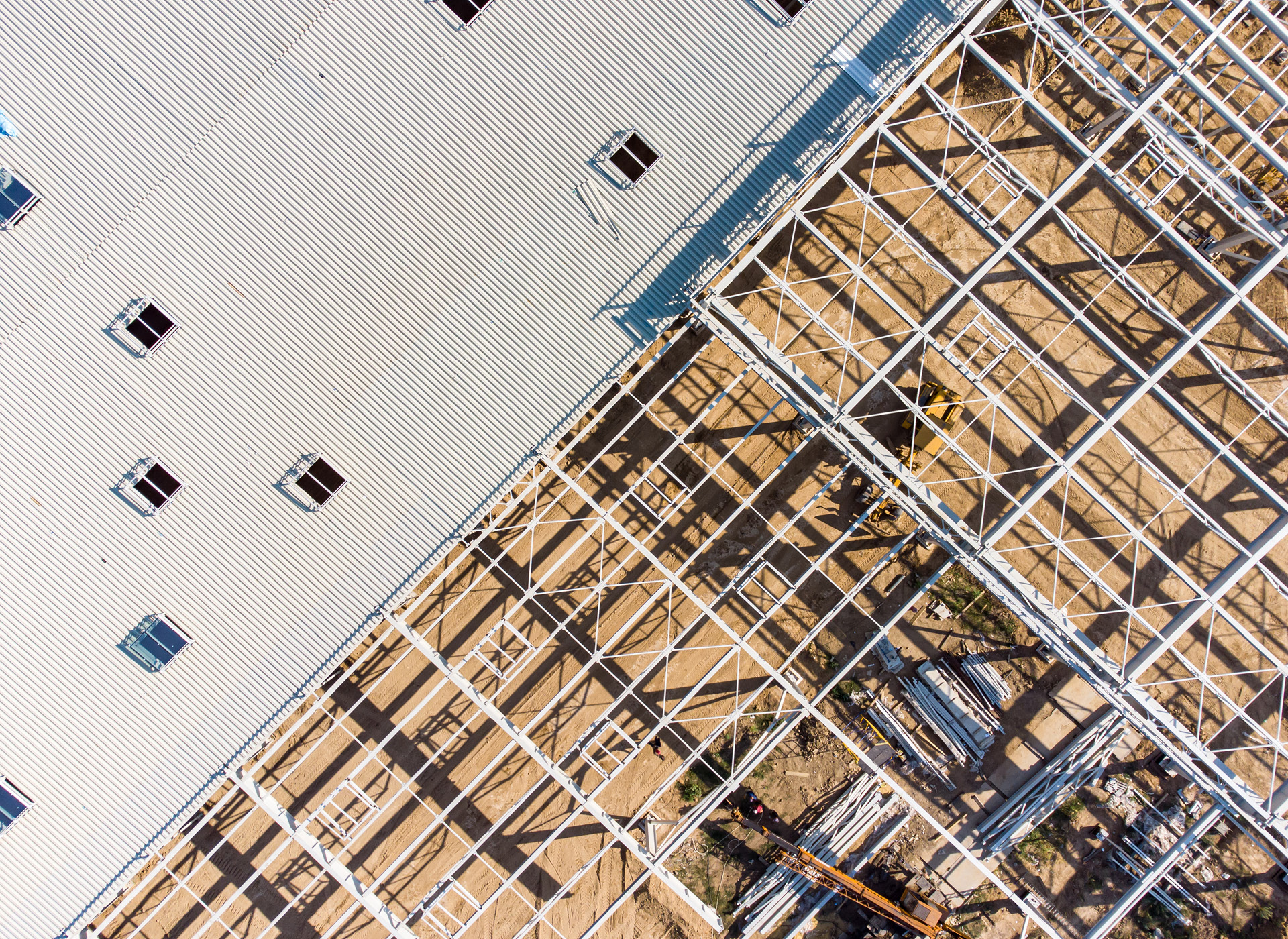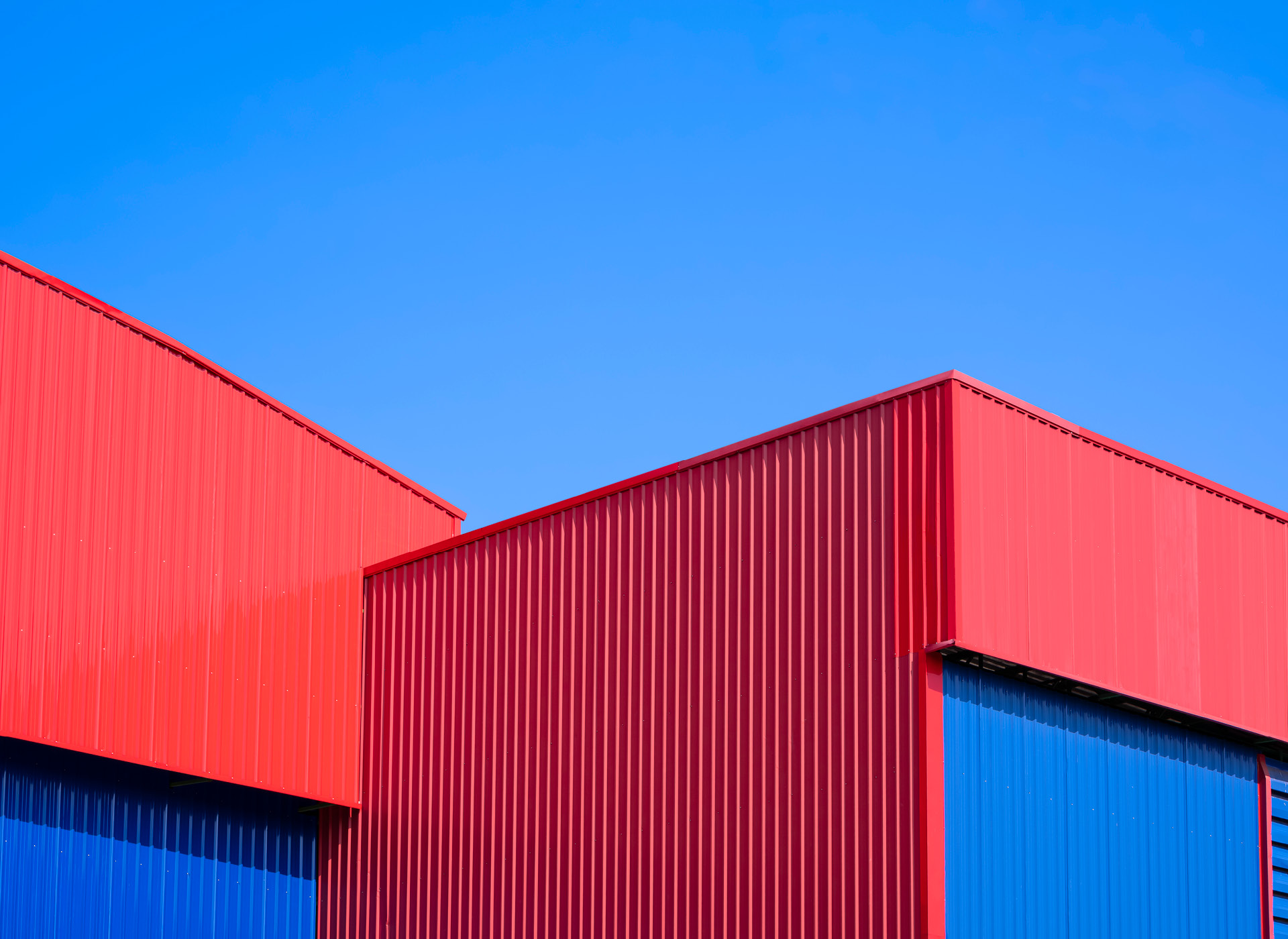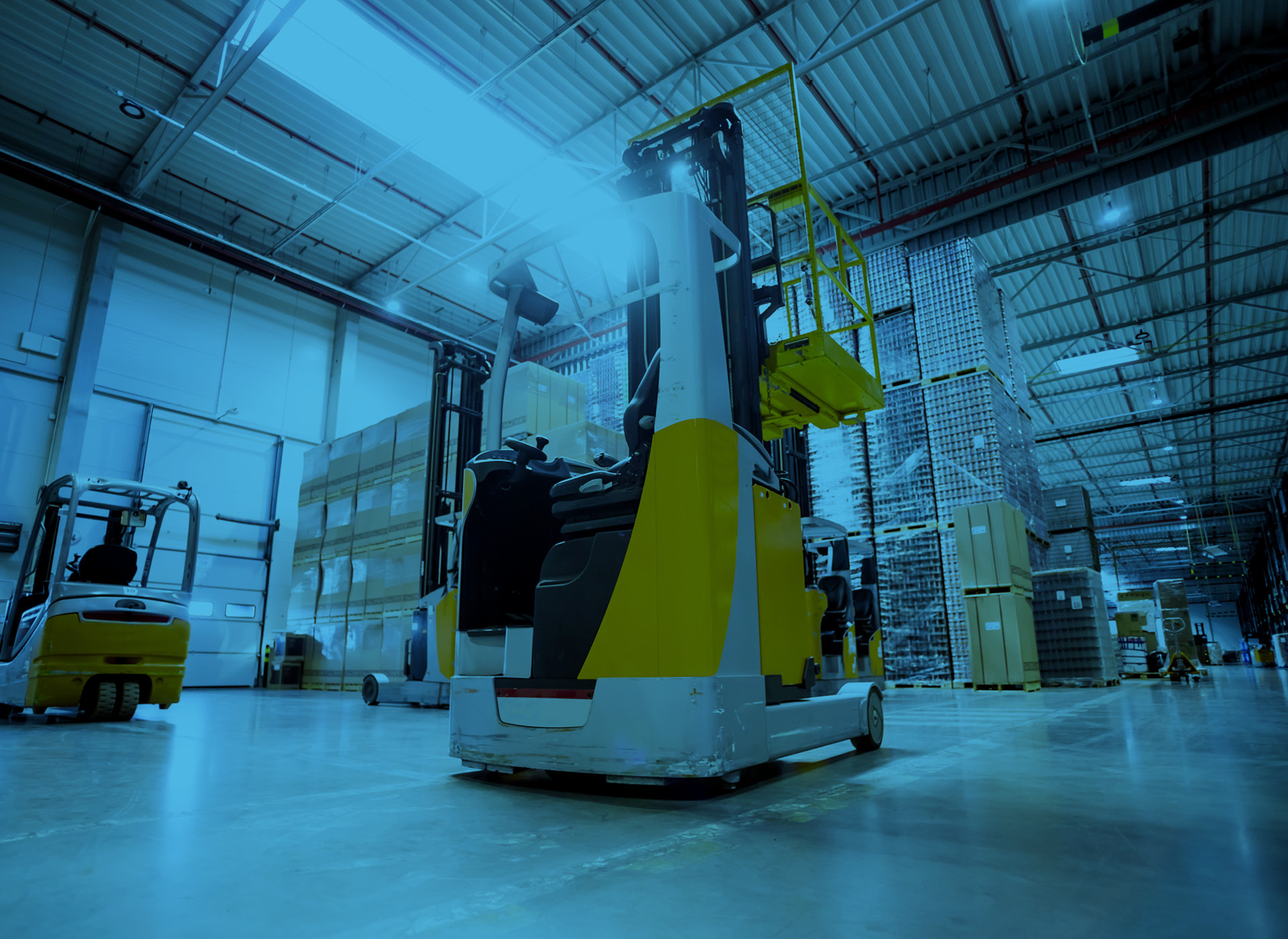Immologistics is gaining ground in the world of logistics and supply chain management due to its ability to find customized storage solutions that cater to the changing needs of customers. But what exactly is immologistics, and what services can Transped offer in this regard?
What is Immologistics?
Immologistics, a contraction of “real estate” and “logistics,” refers to the management of storage and distribution facilities essential to the supply chain. These facilities can range from conventional warehouses to highly specialized installations designed to meet specific storage and distribution needs. Immologistics focuses on finding optimal storage solutions that adapt to the changing needs of customers and the peculiarities of their products. British real estate consultant Savills anticipates that the investment market for immologistics could exceed €1 billion by the end of the year, after recording €427 million in the first half of 2023.

Transped: Innovation in Immologistics
At Transped, we not only have our own warehouses but also seek customized storage solutions tailored to the needs of our clients. An exemplary case of this flexibility and personalized approach was the challenge of managing an import of paper rolls transported in breakbulk mode. The client needed secure storage space for a year and then planned to make deliveries to their customers based on demand. Due to the volume and specificity of the product, we made a strategic decision.
Instead of relying solely on our own warehouses, we sought a storage facility near the port of Algeciras where special tents were set up specifically for storing large rolls of paper. This move allowed for efficient management of the product and closer proximity to the port to simplify subsequent distribution logistics.
The ability to adapt and find customized storage solutions is one of the reasons immologistics has become so crucial in the logistics sector.

Another example of the importance of immologistics in our operations is the storage of oversized goods. Often, companies face the challenge of storing equipment or machinery that cannot yet be used due to a lack of licenses or until the appropriate time for their implementation. On these occasions, it’s essential to have a secure and well-managed space for these goods.
The Future of Immologistics
With adequate facilities and specialized management processes, we can ensure that our clients’ assets are kept in optimal condition until they are ready for use. This minimizes risks associated with long-term storage of costly equipment and guarantees a smooth transition when the time comes for deployment. As the industry continues to evolve, we are likely to see a greater emphasis on technology and automation in storage facility management.
Optimizing logistical processes and real-time inventory management will be crucial to meet the increasingly complex demands of customers.

Additionally, sustainability will play a critical role in the future of immologistics. Companies will seek storage facilities that are environmentally friendly and minimize their carbon footprint. This could include adopting practices like renewable energy, efficient resource management, and waste reduction. Over 20% of logistical warehouses in Spain already have sustainability certifications, highlighting the increasing importance of ESG (Environmental, Social, and Governance) criteria in investment and operational decision-making.
